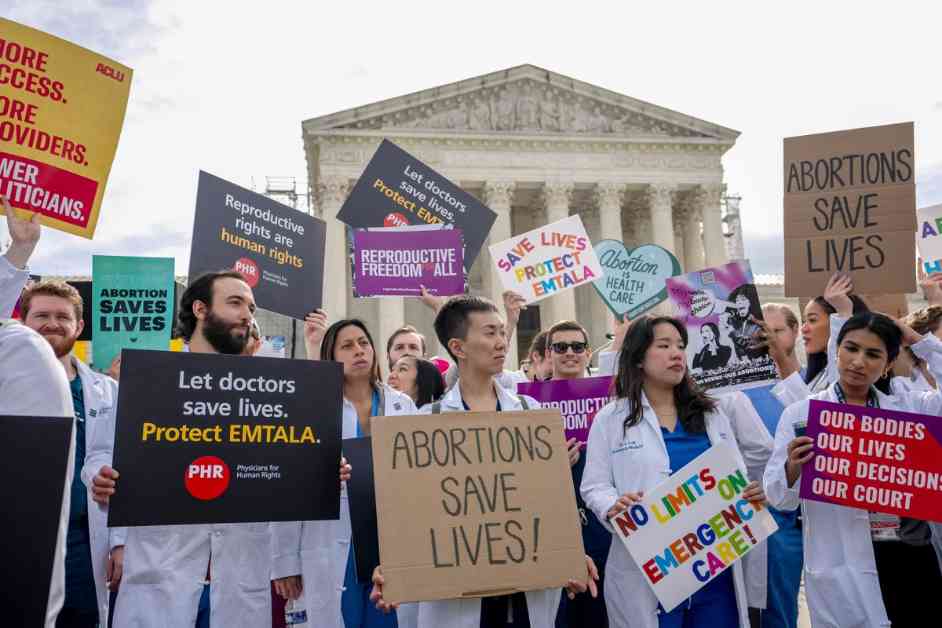The recent Supreme Court ruling in the case of Idaho and Moyle et al v. United States has significant implications for emergency medicine physicians like me. The decision has upheld the ability to provide life-saving care, including abortion, under the federal law known as EMTALA, even in states where abortion is illegal.
As an emergency medicine physician, I often care for pregnant individuals who come to the emergency department with a range of health issues, both pregnancy-related and non-pregnancy-related. The ability to identify and address life-threatening conditions, provide stabilizing care, and, if necessary, terminate a pregnancy to prevent severe complications is crucial in saving lives.
The Supreme Court’s decision to allow abortion under EMTALA ensures that physicians can continue to provide standard, lifesaving care without legal impediments. This ruling is a win for women’s health care and helps to protect the relationship between doctors and patients in critical situations.
The decision also has broader implications for reproductive rights and access to care, particularly for individuals in rural areas who already face challenges in accessing healthcare. By preserving the ability to provide necessary treatment under EMTALA, the ruling helps prevent worsening outcomes and potential increases in maternal mortality rates.
While this decision is a significant victory, the fight to protect reproductive rights and access to care is far from over. It is essential for physicians and advocates to continue advocating for evidence-based medicine and ensuring that all individuals have access to the care they need, regardless of where they live or their circumstances.
In the face of ongoing challenges to reproductive rights, this ruling provides a glimmer of hope for the future of women’s health care. By upholding the principles of EMTALA and ensuring that physicians can continue to provide lifesaving care, the Supreme Court has taken a critical step in protecting the health and well-being of pregnant individuals across the country.






